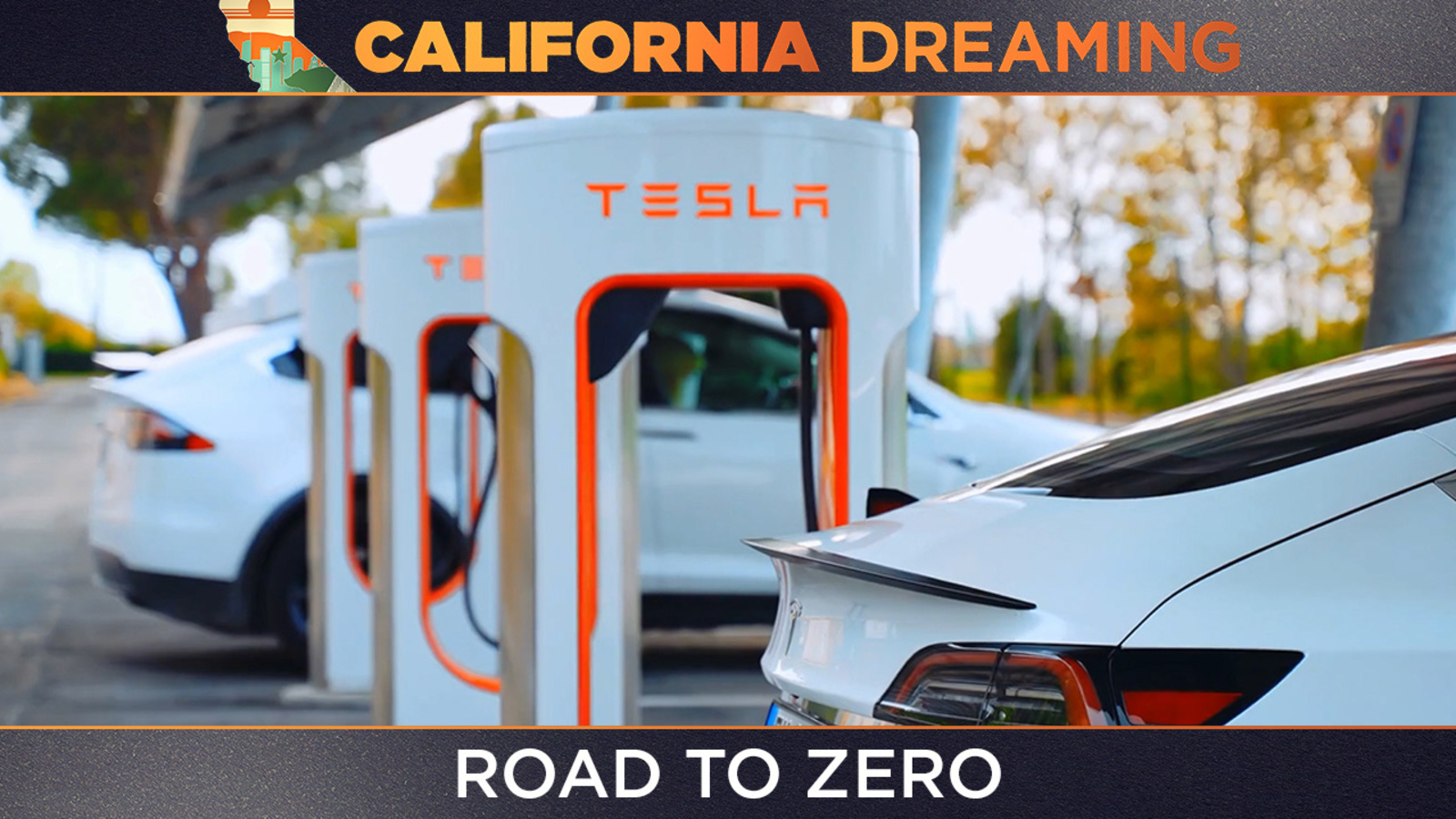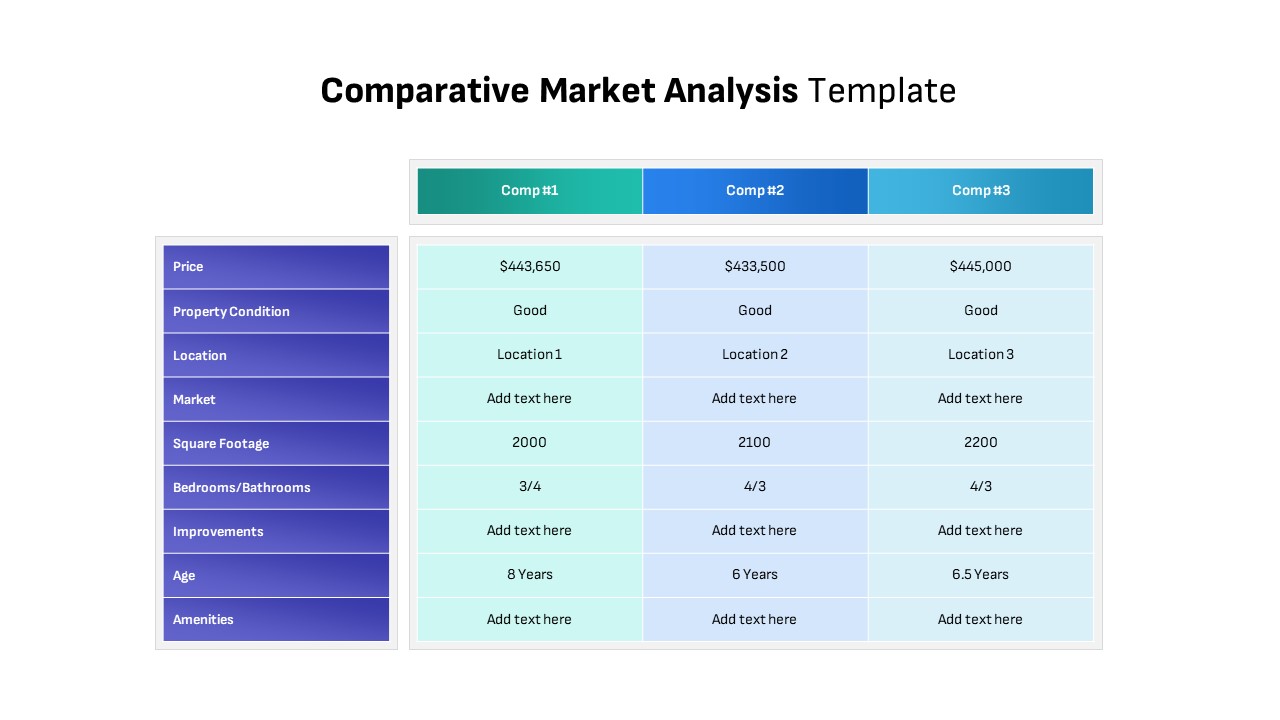Automakers Fight Back Against California's Exclusive EV Mandate

Table of Contents
Automakers' Concerns Regarding the Feasibility of the Mandate
The automotive industry argues that California's ambitious timeline for a complete transition to zero-emission vehicles (ZEVs) is unrealistic given current technological and infrastructural limitations. These concerns fall into two main categories: production capacity and consumer demand.
Production Capacity and Supply Chain Issues
The current global production capacity for electric vehicles and their essential components falls far short of what would be required to meet the demand created by a complete ban on gasoline-powered cars by 2035. Several critical factors contribute to this challenge:
- Limited battery production capacity globally: The production of EV batteries, which rely on rare earth minerals and complex manufacturing processes, is struggling to keep pace with the rapidly growing demand.
- Shortages of critical minerals needed for EV batteries: The extraction and processing of crucial minerals like lithium, cobalt, and nickel are geographically concentrated and face environmental and geopolitical challenges.
- Challenges in scaling up EV manufacturing facilities: Building new factories and retooling existing ones for EV production requires significant investment and time, posing a major hurdle for automakers.
- Insufficient charging infrastructure to support a widespread EV adoption: The current network of public charging stations is inadequate to support millions of EVs on the road. Extensive investment in charging infrastructure is needed to alleviate range anxiety and encourage wider EV adoption.
- Concerns about the reliability and longevity of current EV battery technology: Battery technology is constantly improving, but concerns remain about battery lifespan, degradation, and the environmental impact of battery disposal.
Consumer Demand and Affordability
Even if the production capacity challenges were overcome, significant hurdles remain on the consumer side. The transition to widespread EV adoption hinges on factors like affordability and consumer acceptance:
- High purchase prices of EVs compared to gasoline-powered vehicles: The higher initial cost of EVs presents a major barrier to entry for many consumers, especially those with lower incomes.
- Lack of consumer awareness and understanding of EV technology: Many consumers are still unfamiliar with EV technology and its benefits, leading to hesitation in making the switch.
- Range anxiety and charging infrastructure limitations affecting consumer adoption: The limited range of many EVs, coupled with the lack of widespread charging infrastructure, creates range anxiety, discouraging potential buyers.
- Limited choices of EV models in various vehicle segments: The current EV market lacks the diversity of models available in the gasoline-powered vehicle segment, limiting consumer choice.
- Concerns about the overall cost of ownership, including battery replacements: The cost of replacing an EV battery, which can be substantial, contributes to the overall cost of ownership and can be a deterrent for potential buyers.
Legal Challenges and Lobbying Efforts
Facing the stringent California EV mandate, automakers have responded with a combination of legal challenges and intense lobbying efforts.
Legal Battles Against the Mandate
Several automotive industry groups have filed lawsuits challenging the legality and feasibility of the mandate, arguing that:
- Alliance of automakers filing lawsuits to challenge the mandate's legality: Lawsuits allege the mandate exceeds the state's authority and interferes with federal regulations.
- Arguments focusing on the mandate's economic feasibility and potential impact on the industry: The lawsuits highlight the economic risks and potential job losses associated with a rapid transition to EVs.
- Claims of exceeding federal authority in setting vehicle emission standards: Automakers argue that California's mandate conflicts with federal regulations governing vehicle emissions.
- Concerns about potential job losses in the traditional automotive sector: The shift to EVs could lead to significant job losses in the manufacturing and servicing of gasoline-powered vehicles.
Intensive Lobbying Activities
Alongside legal battles, automakers are actively lobbying state and federal governments to:
- Automakers lobbying state and federal governments to modify or delay the mandate: This includes negotiations to secure more favorable timelines and regulations.
- Emphasis on the need for a more gradual transition to electric vehicles: Automakers advocate for a phased approach that allows for a more manageable transition.
- Negotiations to secure government incentives and support for EV infrastructure development: This includes requests for subsidies, tax breaks, and investments in charging infrastructure.
- Advocating for policies that foster innovation and competition in the EV market: This includes calls for government support of research and development in battery technology and other EV-related areas.
Alternative Approaches and Solutions Proposed by Automakers
Automakers aren't simply resisting the mandate; they're also proposing alternative approaches to achieve emissions reductions.
Focus on Hybrid Vehicles and Alternative Fuels
Recognizing the challenges associated with a rapid transition to fully electric vehicles, automakers are advocating for:
- Advocating for a wider adoption of hybrid vehicles as a transitional technology: Hybrids offer a compromise, reducing emissions while offering the familiarity of internal combustion engines.
- Exploring alternative fuel sources like hydrogen fuel cells: Hydrogen fuel cells offer the potential for longer range and faster refueling times compared to EVs.
- Highlighting the benefits of hybrid vehicles in reducing emissions and improving fuel efficiency: Hybrids provide a bridge to a fully electric future while reducing the immediate reliance on battery technology.
- Investing in research and development of hydrogen fuel cell technology: Hydrogen fuel cell technology requires further development to become a viable alternative to EVs.
Collaboration and Investment in EV Infrastructure
Automakers are also emphasizing the importance of collaboration and investment in supporting infrastructure:
- Calls for increased government investment in charging infrastructure: This is crucial to alleviate range anxiety and encourage EV adoption.
- Partnerships with energy companies and technology firms to improve charging network access: Public-private partnerships are necessary to build a robust charging network.
- Development of advanced battery technologies with increased range and faster charging times: Improvements in battery technology are critical for overcoming range anxiety.
- Investment in smart grid technologies to manage electricity demand: Smart grids can help manage the increased electricity demand from widespread EV adoption.
Conclusion
California's exclusive EV mandate is generating significant controversy and resistance from the automotive industry. Automakers are raising valid concerns about the feasibility, affordability, and consumer readiness aspects of a rapid transition to electric vehicles. While the goal of reducing emissions is laudable, a more balanced and collaborative approach is needed, incorporating alternative solutions and addressing the challenges highlighted by industry players. The ongoing legal battles and lobbying efforts demonstrate the high stakes involved in this debate. Understanding the arguments on both sides is crucial for shaping a responsible and effective policy for achieving clean transportation goals. Further discussion and debate regarding the California EV mandate and similar policies are essential to ensure a smooth and sustainable transition towards a greener future for the automotive industry. Finding a workable path forward requires a commitment to innovation, infrastructure development, and a realistic assessment of the challenges involved in implementing ambitious electric vehicle mandates.

Featured Posts
-
 Srimandir Visit Footage Of Youtuber Jyoti Malhotra Puri Released During Espionage Investigation
May 19, 2025
Srimandir Visit Footage Of Youtuber Jyoti Malhotra Puri Released During Espionage Investigation
May 19, 2025 -
 Chat Gpt Fact Checking 5 Persistent Rumors About Its Launch And Functionality
May 19, 2025
Chat Gpt Fact Checking 5 Persistent Rumors About Its Launch And Functionality
May 19, 2025 -
 Jerusalems Lazarus Location Significance And Historical Context Of The Miracle
May 19, 2025
Jerusalems Lazarus Location Significance And Historical Context Of The Miracle
May 19, 2025 -
 Ufc 313 The New Generation Of Fighters A Rookie Report
May 19, 2025
Ufc 313 The New Generation Of Fighters A Rookie Report
May 19, 2025 -
 What Macron Can Teach Merz About The Far Right A Comparative Analysis
May 19, 2025
What Macron Can Teach Merz About The Far Right A Comparative Analysis
May 19, 2025
